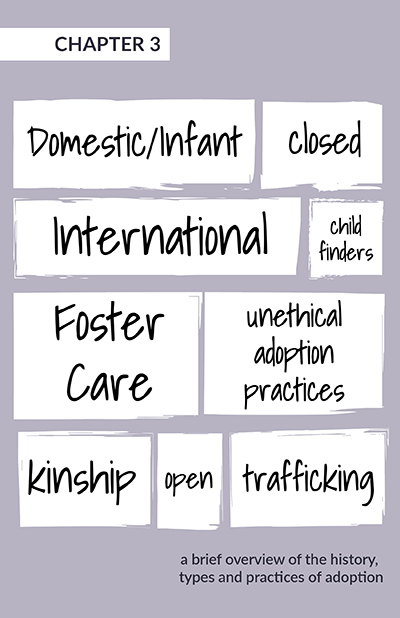
DOMESTIC INFANT ADOPTION
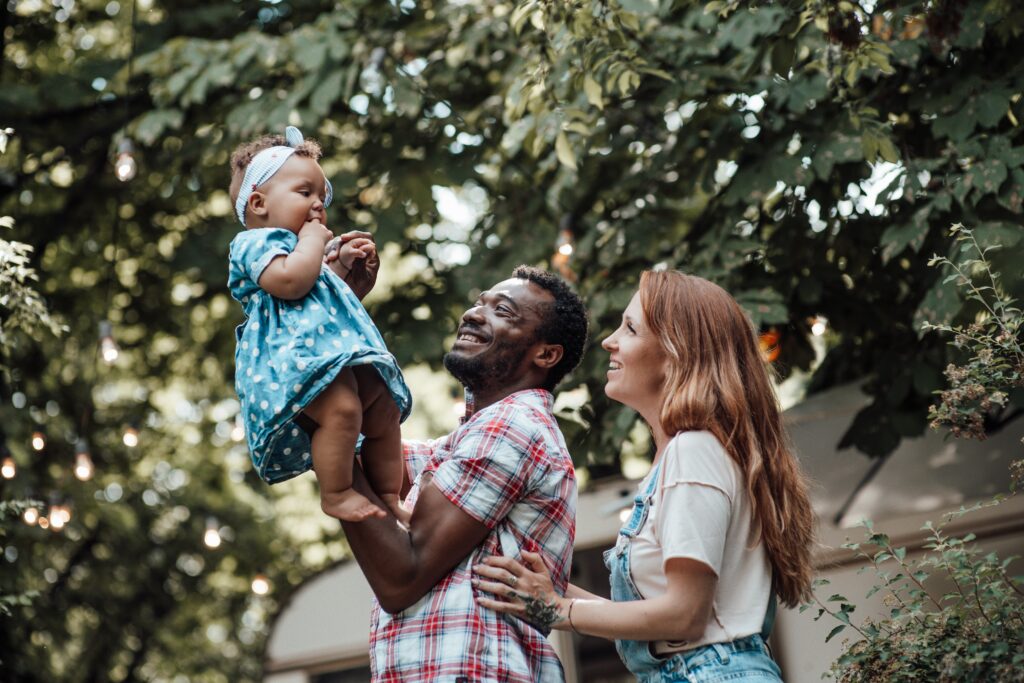
The cost of domestic adoption varies. Some of the costs that may incur are expectant mother expenses, agency fees, lawyer fees, court fees, home studies, travel costs (which will be higher when adopting from another state as you wait for ICPC approval to be granted), and other expenses that may come up. Private adoptions through a lawyer can cost between $6,000 and $15,000 and adoptions through an agency can range from $20,000 to $60,000. Domestic infant adoption can occur through an agency, private lawyer and some states also use facilitators (check your state laws to see if facilitators are legal).
The requirements will be different in each state. We recommend you look up your own state laws and see what their requirements are including minimum age, marital status, health records (mental and physical), home study requirements and financial status. Adoption wait times for domestic infant adoption can vary from a few months to several years.
INTERNATIONAL ADOPTION
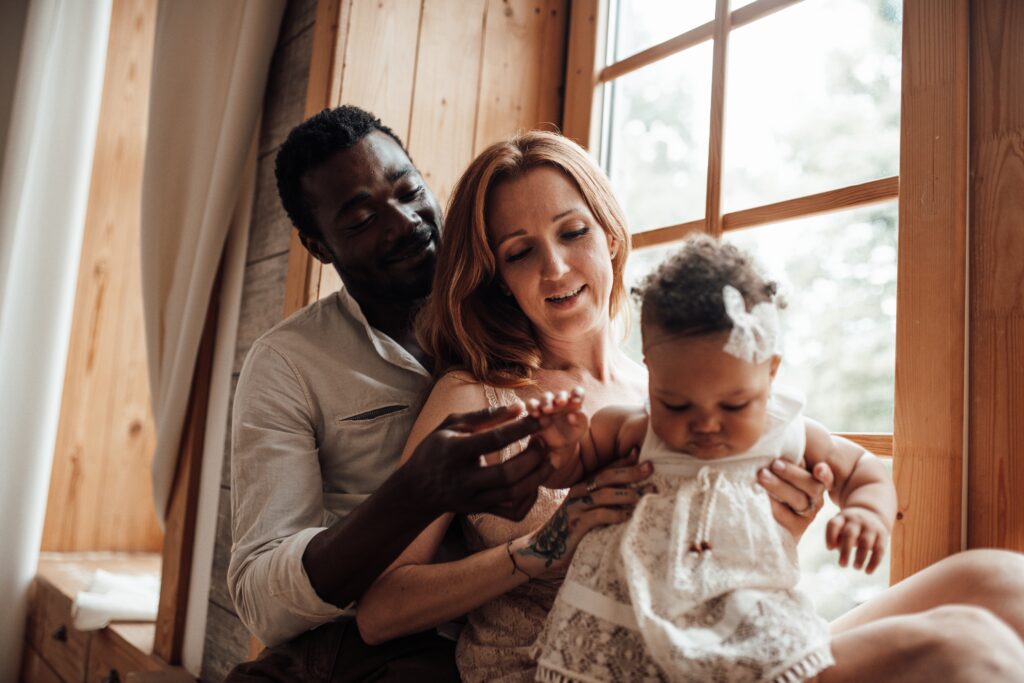
International adoption comes with different costs that can include what was listed under domestic adoption and in addition you will need to pay for
additional travel costs (which could take months), immigration, documentation, visas and other costs that may incur. These costs vary, but most estimate that it will be between $30,000 to $70,000, depending on the child’s country of origin. The wait times in international adoption has more to do with the process used by the country of origin, than when you would be matched with a child. Wait times average from about 1 to 5 years, depending again on the country involved.
International adoption requirements are similar to domestic adoptions including a home study, background checks, family interviews and home visits before and after placement, health and financial statements, adoption
reference letters, etc.
FOSTER CARE

As we have said in previously, the foster care system’s ultimate goal is to reunite a child with their biological family. When you become a foster parent, you are the safe place for a child to be while they wait for reunification. Unfortunately, there are situations where reunification is not possible and the child’s parents’ rights are terminated. In 2021 it was estimated that there were over 113,000 children who were eligible to be adopted and that the average wait time is three years for an adoptive family. The costs of adoption of a child who is in foster care is often covered by government assistance programs that will help pay for legal and professional fees. You must go through the required trainings and home studies in order to be certified as foster parents.
Many use the term “foster-to-adopt” when they think of foster care, but once again, the goal of foster care is reunification. Foster parents are expected to support reunification efforts, so if that is not something you can do, this may not be the right choice for you. Wait times to adopt a child who is in foster care can also vary depending on if their parents’ rights have already been terminated. The average process takes about 9-18 months. Just keep in mind that every situation is different and many factors will affect the wait time.
A great way to start small to see if your family is able to do foster care is after you take the required course, sign up to do respite care. Respite care is helping take care of children who are already with families to give them a break or help with child care when needed. This is a great option to make a difference in the lives of those in foster care and help support other foster families.
SPECIAL NEEDS
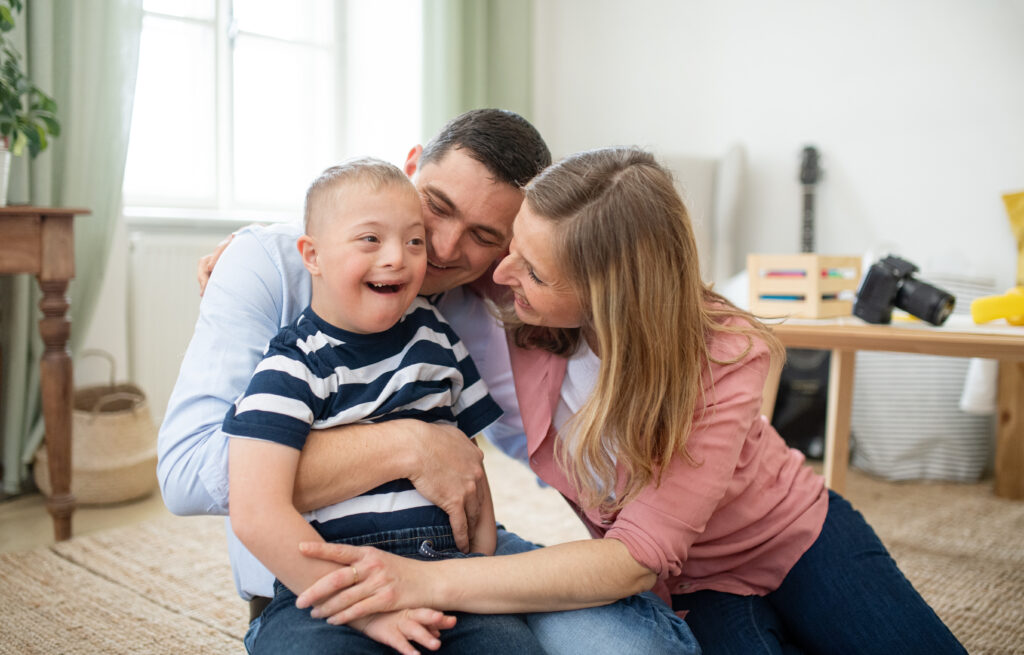
When adopting a child that has been designated to have “special needs”, the costs most likely can be covered by government-funded adoption assistance programs. The designation of special needs can include having mental or physical concerns or other factors like age, background or the need to be adopted with a sibling. To adopt a child with special needs you will need to go through the same process as those that adopt domestically including doing a home study and background checks.
KINSHIP ADOPTION
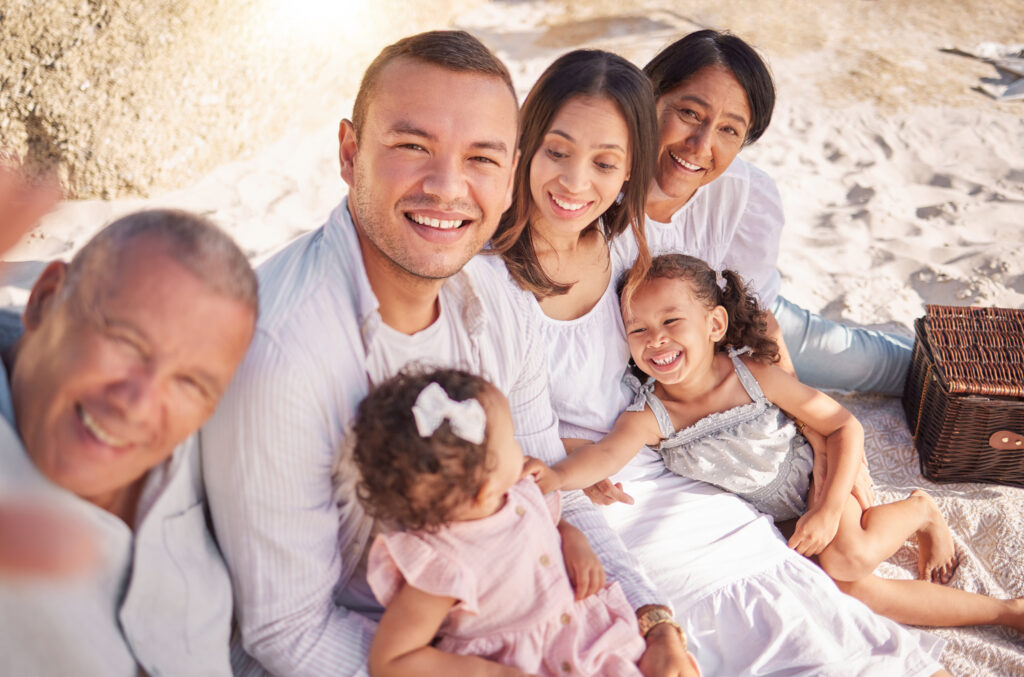
Kinship adoptions are often done privately through a lawyer. These adoptions are when a child is placed with relatives. The costs of kinship adoption will vary but if the kinship adoption is through the foster care system, there will be generally no cost. If it isn’t, it would be through a private attorney. You would still need to pay attorney fees, home study costs, any travel costs or other related fees.
WHAT WE WISH WE KNEW
Now that we have covered just the basics of each type of adoption, here are some insights into each of them on what those that have connections to these types of adoptions wish they would have known and any advice they have for you regarding these types of adoptions.
“Adoptjoy.org is a wonderful resource for navigating the special needs government resources. If you’re adopting a child with special needs privately (not through foster care) these things will need to be in place before finalizing the adoption. This can delay the finalization, but sets up your child with additional insurance and funding they’ll need throughout their lives. Additionally, you’ll have monthly visits with a social worker for the first year to help ensure the child receives the care and resources they need, and that you as a family have the support you need to care for the child successfully.”
“Some things to consider when adopting a child with medical/special needs: Reach out to your local hospital and pediatrician to find out what types of medical needs they can treat, and what services are in your area. Rural areas particularly do not always have the resources you’ll need for the child you’re hoping to adopt. Things like in home care, and the Infant toddler program may not be offered in your area due to lack of employees to cover such large areas. Reach out to other families in the area to find out how they’ve found resources for their children. Where is the closest children’s hospital. You will likely be frequenting the hospital for at least the first year, but perhaps many years to come. Do they have a place for parents to stay during long hospital visits, a daycare for other children, etc. Do you have family or friends you can stay with? Can your family dynamics successfully accommodate a lot of travel?
Can your family dynamics successfully accommodate a lot of travel? What types of therapies are offered in your area, and what are the qualities of the therapies offered? Will you need to accommodate travel to these as well? What does your insurance cover past the age of 6? Often coverage becomes more limited after this age.
Many children with special needs need night care. Is this something you can manage successfully with your family circumstances, or do you have resources in your area to assist you with this?
Finding Facebook groups for the diagnosis your child has is invaluable. You’ll meet experienced parents and caregivers that can share resources, help manage difficult stages, and be a listening ear when things get difficult. Parenting children with special needs will be the most challenging and most joyful thing you will ever do. These children will change and inspire you for the better, and fill your life with pure, unadulterated joy.”
“We adopted our two oldest through foster care. People that are considering this option should know how hands on the foster care system is. There will be a lot of scheduled visitations with the parents (for us it was weekly), visits from the case worker, unannounced drop in home inspections, court appointments, etc. There are a lot of rules that you need to adhere to, such as submitting paperwork for all health appointments, turning in receipts for clothes purchased, documenting all car mileage for case related purposes, reporting any injuries that may occur (which happened a decent amount for us since we had two very active young kids), who is allowed to watch the kids for you, the range you can keep the temperature of your home, etc. For me these were some of the hardest parts of doing foster care – the constant paperwork and meetings that took up so much of our days.
For me, reunification wasn’t hard the first time. I loved their family and really was rooting for them to be able to get their family back together. We didn’t become licensed with the intent to adopt, which helped a lot with this mindset. When they left our home, we ended our license with the intent of being done fostering. It was just mentally taxing keeping up with everything and I needed a break. A few years later, we decided that we wanted to grow our family more permanently (you really have to be okay with a child going back home with their family when you do foster care) and decided to pursue an infant adoption.
Instead, the kids’ bio grandparents reached out to us informing us that the boys would likely be going back into the system and asked if we would take them. After a lot of praying, soul searching, and talking it over together, we agreed. Because we had fostered them previously and the family requested us, it was considered a kinship placement. We converted our adoption home study to one that would let us foster them again. This was their third time being in the foster care system, and it was pretty quick in the case that it changed from a reunification plan to an adoption plan. We chose to keep an open adoption with the bio families with stipulations in place to make sure that certain family members were in a healthy place for contact to be maintained.”
“I think anyone who adopts from a special needs placement needs to know be prepared to help out to the best of their ability well into adulthood. For us that has meant allowing our adult child to return home after trying to live with their biological mother and finding that they didn’t want to live with them anymore suddenly. It has also meant allowing them to live with us while they attended a community college. It has also meant that we paid the pet deposit on their low income apartment so they could have an emotional support animal. It is our personal policy that we don’t give cash to our adult children but we will help pay a bill from time to time and we still give
birthday and holiday gifts.
We will try to help navigate adult contact as we know they will still want to reconnect in the future. It’s normal for them to want that. I am still trying to find a safe family member that they can have a relationship with. We have always known this and expect to continue to be in the active parenting role for them while making sure these relationships are safe for the children.”
OPEN VS CLOSED ADOPTION
Open Adoption refers to a form of adoption where there is some level of ongoing contact between the birth parents and the adoptive family. Semi-open would be like regular updates and letters and open would be face-to-face visits – really more of an extension of your family. Open adoption allows for transparency and can provide a sense of connection and continuity for the child. Having an open adoption allows the adoptee to have access to their birth family, extended family, traditions, culture and so much more.
OPEN ADOPTION
PROS OF OPEN ADOPTION
There are a lot of pros for an open adoption. Here are just a few:
Sense of Identity
Children in open adoptions often have more access to information about their birth families, which can help them understand their identity and heritage.
Emotional Benefits
Open adoptions can foster a sense of security and reduce feelings of abandonment for the child, knowing that their birth parents and/or extended family are still involved in some capacity.
Reduced Mystery
Ongoing contact can lessen the anxiety and confusion that may come with a lack of information about one’s origins.
CONS OF OPEN ADOPTION
With the pros, there is also the reality of real life, with real people and real emotions. As with any relationship, it takes time, work and honest
communication. Making sure you all are putting the best interests of the child first is essential.
Complex Relationships
Managing relationships between birth parents and adoptive parents can be challenging and requires effective communication and boundaries.
Emotional Strain
Both birth parents and adoptive parents might face emotional difficulties in navigating the ongoing connection and expectations.
Potential of Conflict
Disagreements or misunderstandings between the two parties can impact the child and the adoption relationship.
Complex Relationships
Managing relationships between birth parents and adoptive parents can be challenging and requires effective communication and boundaries.
CLOSED ADOPTION
Closed Adoption, on the other hand, involves no contact between the birth parents and the adoptive family, and identifying information is typically kept confidential. The only reason an adoption should be closed is for the safety of the child. There are ways to keep communication open, even in harder situations like birth parents being in jail or substance abuse issues. In every adoption, make sure to never talk negatively about your child’s birth parents. They will always be a part of them and what you say reflects on them.
PROS OF CLOSED ADOPTION
The only pro of a closed adoption would be to keep the child safe. There are valid situations where this is appropriate. Keeping the adoption closed because of insecurities, avoiding conflict or other complications is something you need to work through in therapy. You are not and will never be the only parent in their life and need to come to terms with that.
CONS OF CLOSED ADOPTION
Lack of Information
Children in closed adoptions may grow up with limited knowledge about their birth families, which can lead to feelings of confusion or identity issues. They also may think it is their fault that contact has been cut off, furthering issues of abandonment.
Increased Mystery
The absence of contact can create a sense of mystery or longing, making it harder for the child to understand their origins or address questions about their background. They may create fictional stories about who their birth parents are and what their life would be like if they were parented by them.
Potential for Regret
Birth parents and adoptees may experience regret or unresolved feelings about the lack of contact and information. Not knowing the whys, not having those connections, can cause negative feelings which can lead to anxiety, depression and suicidal ideation.
UNETHICAL ADOPTION PRACTICES
Unfortunately, not all adoption practices are ethical or legal. Sadly there are many examples, and here is one notable, and recent example: Paul Petersen, a lawyer who has been involved in numerous legal cases related to unethical adoption practices. Petersen, who worked as an adoption attorney, was known for facilitating adoptions in ways that exploited vulnerable mothers.
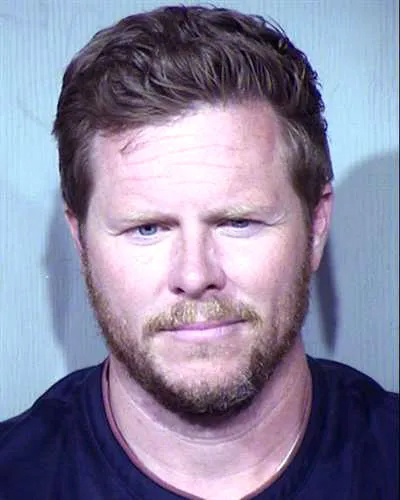
Petersen’s activities notably impacted the Marshallese community. The Marshall Islands, a Pacific nation, became a source of children for adoption through Petersen’s agency, leading to significant controversy. The Marshallese community faced exploitation, as Petersen’s practices often involved questionable legal and ethical standards. These practices included inadequate consent processes and manipulation of adoption laws to facilitate the removal of children from their birth families.
Paul pled guilty to human smuggling, communication fraud, fraud and other charges. Petersen exploited this legal loophole by charging couples $35,000 to adopt children from the Marshall Islands and hired recruiters to persuade pregnant women to come to the United States to give birth and then place their children for adoption. In return, these women received $10,000 and had their travel expenses covered. Some adoptive families later claimed they were unaware of Petersen’s payments to the birth mothers, while many of the women reported that they received medical care only during labor and delivery.
Petersen unlawfully accessed state-funded medical benefits and falsified residency information to secure medical care for the women, resulting in nearly $814,000 in fraudulent Arizona Medicaid expenditures.
One adoptive couple who worked with Petersen went to a home that housed some of the women involved in the scheme. They later told investigators they believed the home to be a part of a “baby mill” and they saw many women sleeping on mattresses on the floor. Texts were recovered from Petersen’s county computer including one that threatened to evict a woman if she backed out and another stating:

Although Petersen was wrong in what he was doing, many adoptive couples absolutely knew what he was doing and still gave him their money. For years what he was doing was common knowledge in the adoption community. When anyone would try to talk about it, Petersen would threaten legal action or the adoptive parents would attack those that would tell them what they were doing was most likely illegal, and very unethical. Petersen was not only, and sadly, still is not only the only lawyer or agency who facilitates adoptions like these. One lawyer told a hopeful adoptive couple to “outbid” another family for a baby girl.
These parents were aware of the Medicaid fraud that was occurring and did nothing. One said, “ After we left Arkansas I contacted the hospital to see if all the bills were paid. They said that they received payment from Medicaid and it was 100% covered. I then contacted my attorney and asked him why he charged me an additional $5,000 for delivery and medical and he couldn’t give me a straight answer. This has happened to a lot of my other friends who were charged when Medicaid has already been paid.”
These adoptive mothers had been told that the lawyers they were using were unethical and most likely, doing illegal practices, but they continued to use these attorneys so they could get “cheaper babies faster” – their words. They were more worried about being over charged for an adoption rather than the illegal activities that money was being used for to traffic children through adoption.
One adoptive mom even continued to try to facilitate adoptions through Paul after knowing what he was doing. In 2015 she said, “He does not have a batch of women yet, but will in a couple of weeks.” – BATCH OF WOMEN. Can you even imagine using those words to talk about human beings?!
When they talked about paying living expenses one adoptive mom said, “For living expenses I would find out what the minimum wage is in the state she is living in. Then do the math what she would make a month working 40 hours a week. Use that as a starting point and add more money as needed.” Another mom followed up with, “If stay and home moms hear that a birth mom receives $1,500 a month for being pregnant, wouldn’t that sound appealing to a lot of others in that community? I would hate to think we are paying them to get pregnant or buying their children.”
Sadly, that was EXACTLY what these adoptive moms were participating in. Another adoptive mom shared some really concerning information when she stated, “I am working with a translator who has lots of women, but doesn’t work for an attorney. She has lots of babies coming, however I think she is selling them.”
This was all in a Facebook group that was created after these moms were called out for participating in unethical adoption practices. They continued to adopt these children from Paul all the way up until he was arrested 5 years later. Who knows how many were trafficked because of THEIR actions.
In the same adoption group, they were also trying to use another attorney named Morgan. I personally called and talked to this lawyer, asking questions about the process. I had barely talked to her when she said, “and don’t worry, you can close the adoption as soon as you have the baby and never have to talk to the family again.” I hadn’t even asked about closing an adoption and this was the advice she was giving adoptive parents. Clearly this is a HUGE red flag for anyone who is involved in the adoption process.
All of these adoptive moms that continued to pay for adoptions after SO much of the illegal activity was known are 100% complicit in these illegal activities as well. One day their kids will find out and can do the math on when articles came out about Paul Petersen and others (for sure by 2015) and when they were adopted and these parents will have to answer for that. Make sure that when and if you adopt, you have moral and ethical ground to stand on when your child finds out their story.
TRAFFICKING THROUGH ADOPTION
Trafficking through adoption can happen anywhere but especially in countries with less regulated adoption systems. In places like Uganda, the use of “child finders”—individuals or agencies that locate and place children for adoption—has raised serious ethical issues.
In Uganda, some child finders operate with dubious motives, often leading to situations where children are trafficked under the guise of adoption. These individuals or groups may exploit impoverished families, offering them financial incentives or falsely promising better opportunities for their children in exchange for relinquishing parental rights.
Families may be manipulated or coerced into giving up their children, believing they are making a beneficial choice for their child’s future.
Many adoptions facilitated through trafficking lack proper consent, with birth parents often not fully informed about the implications or not legally empowered to make such decisions. They are sometimes told lies about what adoption really is and the finality of it. Legal documents are not required in all countries and children can literally be kidnapped and “sold” through adoption.
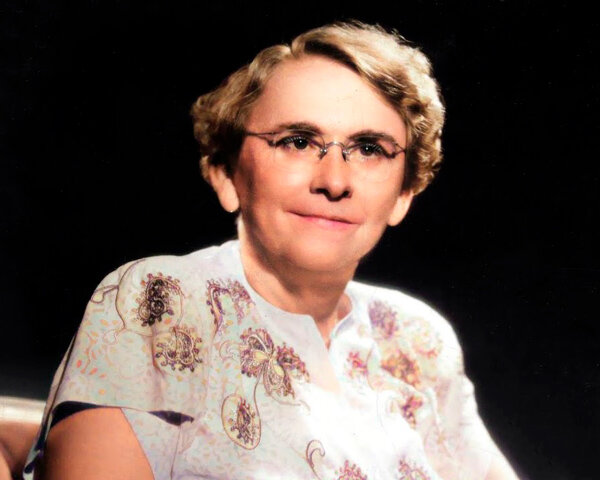
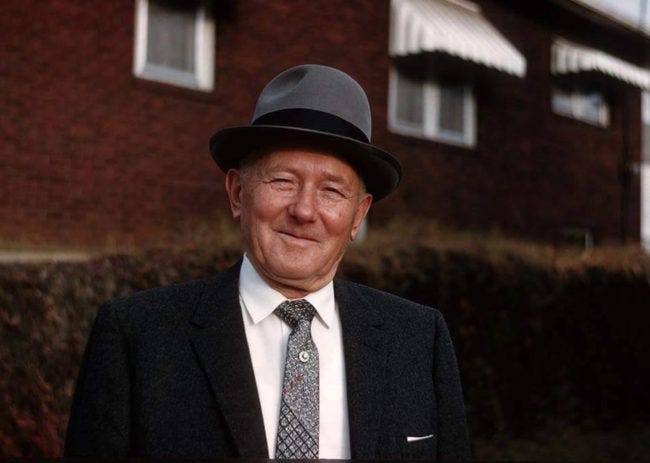
QUESTIONS TO ASK
When navigating the adoption process, it’s crucial to ensure that all practices are ethical and legal. Here are some key questions to ask:

What are your licensing and accreditation statuses?
Verify that the agency or attorney is properly licensed and accredited by relevant authorities to ensure they follow established standards.
Can you provide references from previous clients and professionals?
Request references to gauge the agency’s or attorney’s reputation and track record in handling adoptions ethically. Look at their reviews, especially the bad ones. Google their names and any agency they have worked for.
How do you handle the consent process for birth parents?
Ensure that the consent process is thorough, informed, and complies with legal standards to protect the rights of both birth parents.
What support services do you offer to birth and adoptive families?
Check if the agency provides counseling, support, and resources to both birth parents and adoptive families throughout the process.
How do you ensure the welfare and best interests of the child?
Inquire about the procedures in place to prioritize the child’s well-being and ensure they are placed in a safe and supportive environment.
What measures are taken to prevent and address conflicts of interest?
Understand how the agency or attorney avoids conflicts of interest and ensures impartiality throughout the adoption process.
Do you fly or transport expectant moms across state lines?
If the answer is yes, move on. There is no reason to do this except to isolate and coerce expectant moms into placing.
How do you find your expectant moms? What is your marketing budget and process? (Make sure to look at all websites associated with them)
Many agencies use google ads to target expectant moms around the country. Their websites are often misleading. Contact them as a “expectant mom” and see how they treat you and what they are promising you.
QUESTIONS FOR INTERNATIONAL ADOPTION
What are the adoption laws and regulations in the child’s country of origin?
Verify that the agency is knowledgeable about and compliant with the adoption laws and regulations of the child’s country.
How do you ensure that the child’s rights and welfare are protected in international adoptions?
Confirm that the agency adheres to international standards and protocols for child protection in international adoptions.
What due diligence do you perform to prevent unethical practices such as child trafficking?
Inquire about the steps taken to ensure that children are not trafficked or placed for adoption through unethical means.
How do you handle the legal process for obtaining necessary visas and travel documents?
Ensure that the agency provides proper guidance and support for obtaining the required legal documentation for international adoptions.
QUESTIONS FOR ALL
What are the costs associated with the adoption, and how are they justified?
Request a detailed breakdown of all fees and expenses to ensure that they are reasonable and transparent.
How do you address potential issues or disputes that may arise during the adoption process?
Understand the procedures in place for resolving conflicts or concerns that may emerge.
What kind of post-adoption support and services do you offer?
Check if the agency or attorney provides ongoing support and resources to help families adjust after the adoption is finalized.
By asking these questions, you can better ensure that the adoption process is conducted ethically and legally, prioritizing the well-being of all parties involved, particularly the child.